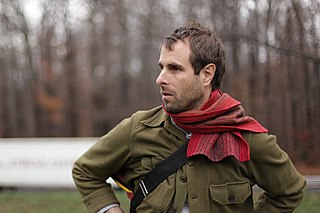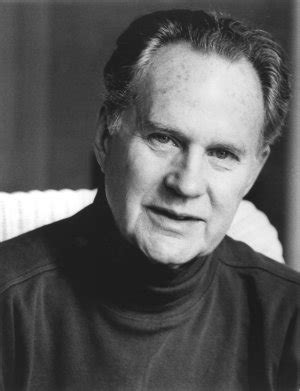A Quote by Rick Alverson
I like to think traditional narrative can be subverted by an experiential narrative, by an immersion in the temporal event of the film and a a play with our expectations of that.
Related Quotes
Because for me to go fully experimental, it would turn into an artist book actually. And I'm not opposed to that. But I wanted to toy with the conventions of traditional narrative and sometimes to do that all the way, you have to actually utilize traditional narrative, I think - or it's one way to do it.
We all have an ongoing narrative inside our heads, the narrative that is spoken aloud if a friend asks a question. That narrative feels deeply natural to me. We also hang on to scraps of dialogue. Our memories don’t usually serve us up whole scenes complete with dialogue. So I suppose I’m saying that I like to work from what a character is likely to remember, from a more interior place.
The Limits Of Control is not surrealism, but it is an experiment in which expectations are deliberately removed: expectations for narrative form, for action in a film, for certain emotional content. We wanted to remove those things and see if we could still make a film that was a beautiful film experience, with deliberately removing things many people would expect.
I think my sensibilities about storytelling and character just automatically come into play when I'm trying to work on any kind of narrative. For me, it doesn't really matter what the source of the narrative is. I will be looking for ways to make it into an intriguing story with empathetic characters.
Y'know, I think, inherently, when you hear something like a teenage narrative come into play, even the idea that it's being called 'teenage' is a notion that it's being reduced to a problem that's not quite adult. That's a problematic thing to say about a narrative that could actually be dangerous, could be hurtful, could be upsetting.
I guess the wildcard here is Terrence Malick. He supervised me while I was writing the script for Beautiful Country, and he is a genius, although not always easy to follow. What I learned from him is that the narrative can be tracked through all kinds of scenes, that the strong narrative thread is not always the one that is most obvious. Creating narrative with Malick was a bit like chasing a butterfly through a jungle. This approach to narrative is fun and complicated, something that makes the process of writing constantly interesting to this writer.





































